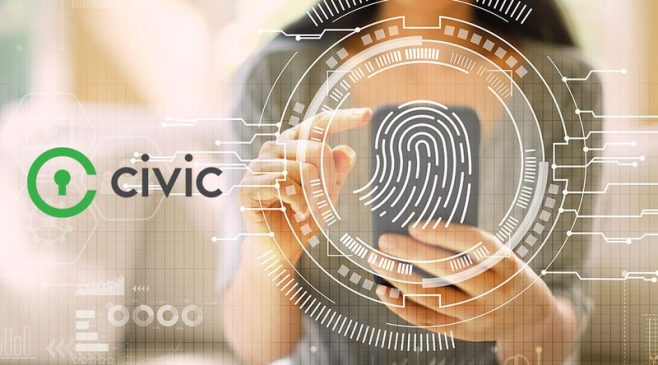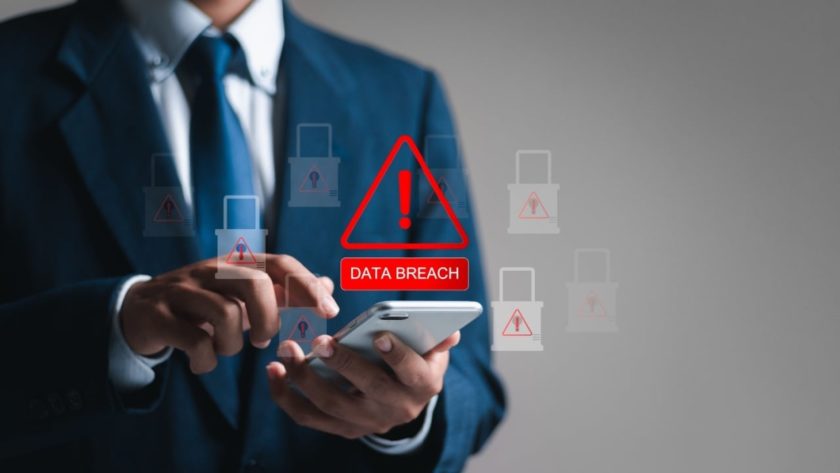Civic has entered into a tripartite agreement with cybersecurity protection solution company, Rivetz, and Telefónica’s cybersecurity unit, ElevenPaths, to provide secure identity verification that incorporates added hardware protections for mobile users.
With presence in five countries, Civic uses blockchain technology to secure and protect the transfer of personal information, while allowing people to decide how they share their information.
In correspondence with Bitcoin Magazine, Steven Sprague, CEO of Rivetz, called Civic’s integration into the partnership as a “pivotal step toward providing the digital identity we need in today’s world.”
In May 2018, Spanish telecom giant Telefónica partnered with Rivetz to develop decentralized security solutions for mobile users aimed at improving cybersecurity controls and protections for secure messaging and cryptocurrency wallets.
Rivetz’s security solutions will leverage the Trusted Execution Environment (TEE), a hardware vault built into mobile phones for enhanced security. These solutions will be built into smartphones and supplemented with a secured Subscriber Identity Module (SIM), provided by Telefónica. The intention is to secure the private keys of users, even if the operating system is tampered with or infected by malware.
Civic’s inclusion will make it possible for Telefónica’s users to verify their identity in real time and separate locally stored personal information from the private key needed to sign transactions on the blockchain. Rather than having all details stored locally in one place, on the Civic App, Civic will store the private keys in the TEE, provided by Rivetz. The user’s personal information will remain in the Civic App, which is protected by biometrics and high-level encryption.
CEO and Co-Founder of Civic Vinny Lingham sees the partnership as “a massive step.”
“Blockchain technology is transforming the way companies approach privacy and security,” he said to Bitcoin Magazine. “Our partnership with Rivetz and Telefónica is a reflection of that transformation, ensuring that digital identity and mobile security solutions go hand-in-hand.”
Lingham added, “As identity information is increasingly vulnerable, we’re working with like-minded companies to create the most effective, most secure identity solutions that protect people’s privacy, without requiring their data to be collected and stored.”




